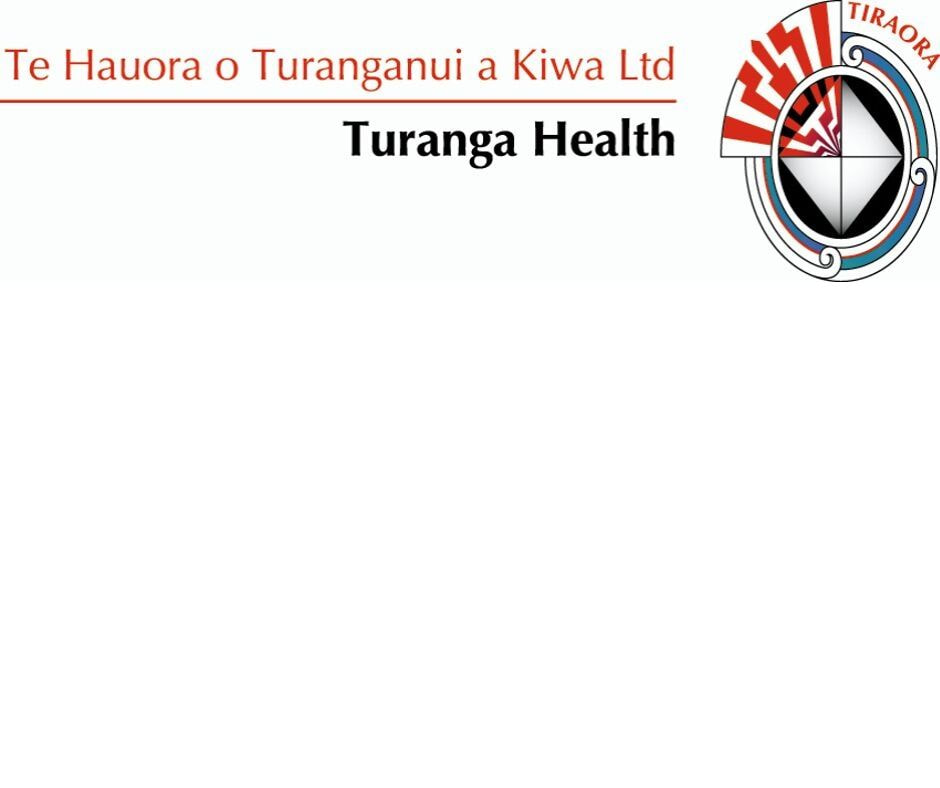 Fears that whānau living in Tairawhiti’s rural west might make up high numbers of people hospitalised with Omicron thankfully never came to pass, says Te Karaka Health Care GP Dr Mark Devcich. “While it spread quickly and everyone knew someone who had or has COVID, as far as I know only one person from our practice was hospitalised during March,” says Dr Devcich. Dr Devcich has been the GP at the Turanga Health-owned general practice for 11 years. Alongside nurse practitioner Kylie Moressey, the pair care for 1700 enrolled patients four days a week. They are supported by nurses Tara Collins, Jocelyn Arahunga and Jo Cranefield. Receptionist and administrator Tess Trafford makes up the regular rural primary health care team. General practice interns and training doctors join the crew periodically. During Omicron’s march through the district in late summer the Te Karaka nurses triaged patients with potential COVID-19. Patients were asked to phone ahead, says nurse Tara Collins. If their issue couldn’t be managed via a nurse practitioner, GP, or nurse telephone consult, they were given a time to come to the Station Rd practice. The carpark was the waiting room and patients were screened again. “We saw patients sick with respiratory illness in our external cabin thereby reducing the chance of other patients and our senior medical staff becoming infected,” says Ms Collins. The process left Dr Devcich free to take care of patients who didn’t have respiratory illness but were presenting with more regular concerns such as skin disorders, joint pain, back problems, mental health challenges and high blood pressure. “In some ways it was business as usual. Our inboxes were full of patients with COVID-19 but I was relatively free to see patients and provide normal community care to those who needed it.” While in his clinic room patients remained socially distanced from Dr Devcich for as much as the appointment as practically possible. Both patient and doctor would wear a mask. Despite the smooth process for all involved there were some extra challenges for staff. “The masks meant I didn’t have the facial cues from people that I normally would,” says Dr Devcich. “If I can see someone’s full face it can help me discern emotion, or pain for example.” In late March Dr Devcich caught COVID-19 from a family member. Once he recovered from his mild case he felt more at ease when seeing his patients. “There was always that fear around the hospitalisations, knowing a lot of things about our patients, many of whom have pre-existing conditions, meant I was worried in the beginning. It's certainly not what we wanted but it was expected - and thankfully the scenario didn’t arrive.” Receptionist Tess Trafford says the clinic does its utmost to be flexible and adapt to the constant COVID-19 changes. Right now, staff are encouraging patients to have their influenza vaccination at one of Turanga Health’s rural vaccination drive-throughs. “We’re always here for patients and always looking for ways to provide more of our services directly into people’s homes and community settings in conjunction with Turanga Health staff.”
1 Comment
|
Media Releases
Email us if you want to receive our media releases. Archives
February 2024
|


